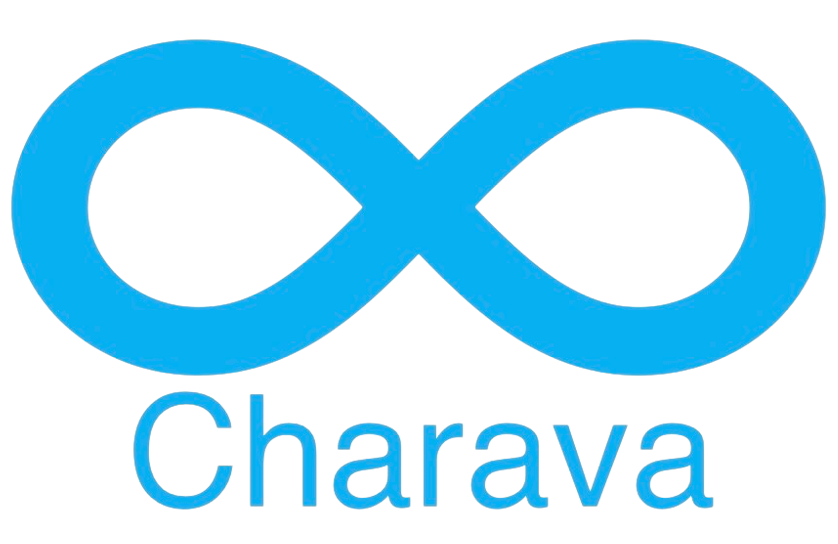NMN Research
Nicotinamide Mononucleotide (NMN) is a molecule generating significant interest in the field of longevity research. Early studies suggest NMN may elevate NAD+ levels in the body. NAD+ is a critical coenzyme involved in cellular energy production, DNA repair, and metabolism. In animal models, NMN supplementation has shown promise in improving insulin sensitivity, boosting exercise performance, and protecting against age-related decline.
Clinical studies have shown NMN to be safe in high dosages, up to 1.2 grams per day. Additionally, these studies have demonstrated several health benefits in human subjects.
- A ten-week study involving prediabetic, postmenopausal, obese, or overweight women found that NMN supplementation improved insulin sensitivity. The same study suggested NMN's potential role in healthy aging by stimulating the collagen production pathway, which may contribute to healthy skin appearance.
- Research on elderly men over 65 indicates that NMN supplementation may protect against age-related muscle loss.
- A separate study involving healthy adult volunteers of both genders demonstrated that NMN can increase endurance, cardiovascular fitness, and aerobic capacity in amateur runners.
- Notably, a recent study involving both humans and mice has shown that NMN supplementation can lengthen telomeres, the protective caps at the ends of chromosomes that are essential for cellular health and aging. Longer telomeres are associated with increased lifespan.
This evidence suggests that NMN may be a promising compound for promoting healthy aging and improving various aspects of human health.
However, human research on NMN is still in its early stages. While some studies suggest benefits like increased blood NAD+ and improved physical function, more robust clinical trials are needed to confirm these findings and explore the long-term safety and efficacy of NMN supplementation. Charava continues to monitor the evolving research on NMN and remains committed to providing science-backed information for our customers.
Below is a list of some of the interesting research and clinical trials on Nicotinamide Mononucleotide.
- Nicotinamide mononucleotide (NMN) intake increases plasma NMN and insulin levels in healthy subjects
- Nicotinamide adenine dinucleotide metabolism and arterial stiffness after long-term nicotinamide mononucleotide supplementation: a randomized, double-blind, placebo-controlled trial
- Effect of NMN in healthy Japanese men
- The efficacy and safety of β-nicotinamide mononucleotide (NMN) supplementation in healthy middle-aged adults: a randomized, multicenter, double-blind, placebo-controlled, parallel-group, dose-dependent clinical trial
- Efficacy study in prediabetic, post-menopausal, obese or overweight women, demonstrating increase in insulin sensitivity. Same study showed NMN is stimulating the collagen production pathway.
- Efficacy study in elderly men (over 65), showing protection against age-related muscle loss
- Effects of nicotinamide mononucleotide on older patients with diabetes and impaired physical performance: A prospective, placebo-controlled, double-blind study
- Efficacy study in healthy adults showing improved cardiovascular fitness, increased aerobic capacity and endurance in amateur runners
- Efficacy study in humans and mice showing lengthening of telomeres in a dose dependent manner after 30, 45 and 60 days
- Nicotinamide Mononucleotide Is Safely Metabolized and Significantly Reduces Blood Triglyceride Levels in Healthy Individuals
- Safety evaluation of β-nicotinamide mononucleotide oral administration in healthy adult men and women
- Effect of 12-Week Intake of Nicotinamide Mononucleotide on Sleep Quality, Fatigue, and Physical Performance in Older Japanese Adults: A Randomized, Double-Blind Placebo-Controlled Study
- Long-Term Administration of Nicotinamide Mononucleotide Mitigates Age-Associated Physiological Decline in Mice
For more details, please refer to PubMed.
